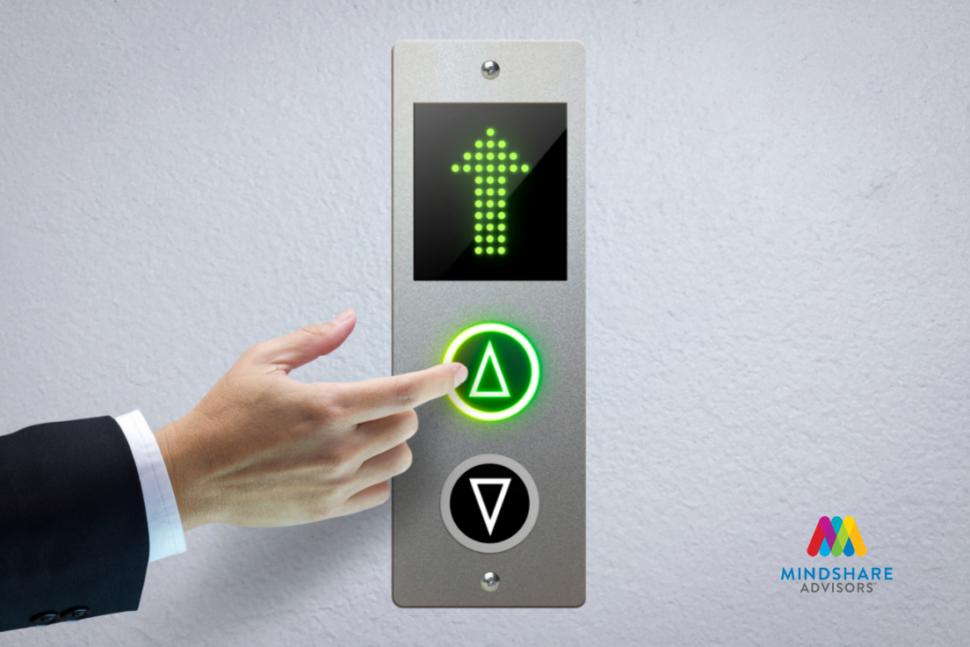
Mindshare and the Next Level
If you’re a business leader, your primary responsibility is to get the company to the next level. And chances are, that means launch, growth or exit. Or some combination of the three.
For instance, if you’re a start-up, you’re in launch mode. During early stages, you’re launching your brand and your product or service.
Meanwhile, if you’re an established company, you’re in growth mode. So, you’re growing revenue and market share and, potentially, your workforce. To achieve those outcomes, you’re likely also launching things such as additional products or channel programs, or even new market segments or regions.
On the other hand, your start-up or established company may be in active (or passive) exit mode. In which case, you’re staging the company and preparing the prospectus. To maximize your potential valuation, it will come as no surprise you’re similarly executing launch and growth initiatives.
Mindshare, which is what buyers believe about your company’s brand, plays an integral role in launch, growth or exit success. But’s it’s frequently overlooked.
Ever wonder why a superior product fails while an inferior product succeeds?
Or why a big, well-resourced company has less market share in a sector than a small, ragtag company?
Or why investors and acquisition suitors don’t knock on the door of the company having a high-pedigree leadership team but are breaking down the door of the company that’s running on fumes?
It’s not always about the technology or the sales team or the leadership team.
Mindshare can influence how buyers rank your solution. Or whether buyers believe your company can solve their problems. Or if your company is viewed as an innovator and thought leader.
Here’s an example of mindshare at work for launch, growth and exit.
What’s your next level? More importantly, is mindshare part of your plan to accomplish it?
To learn more about planning and our proven process, contact us.

